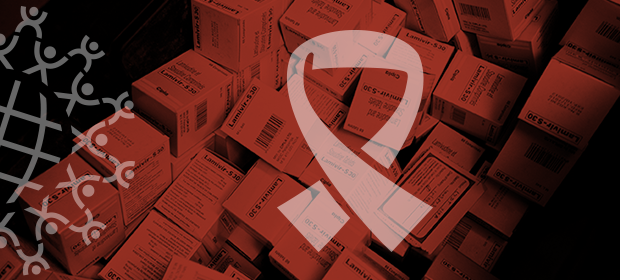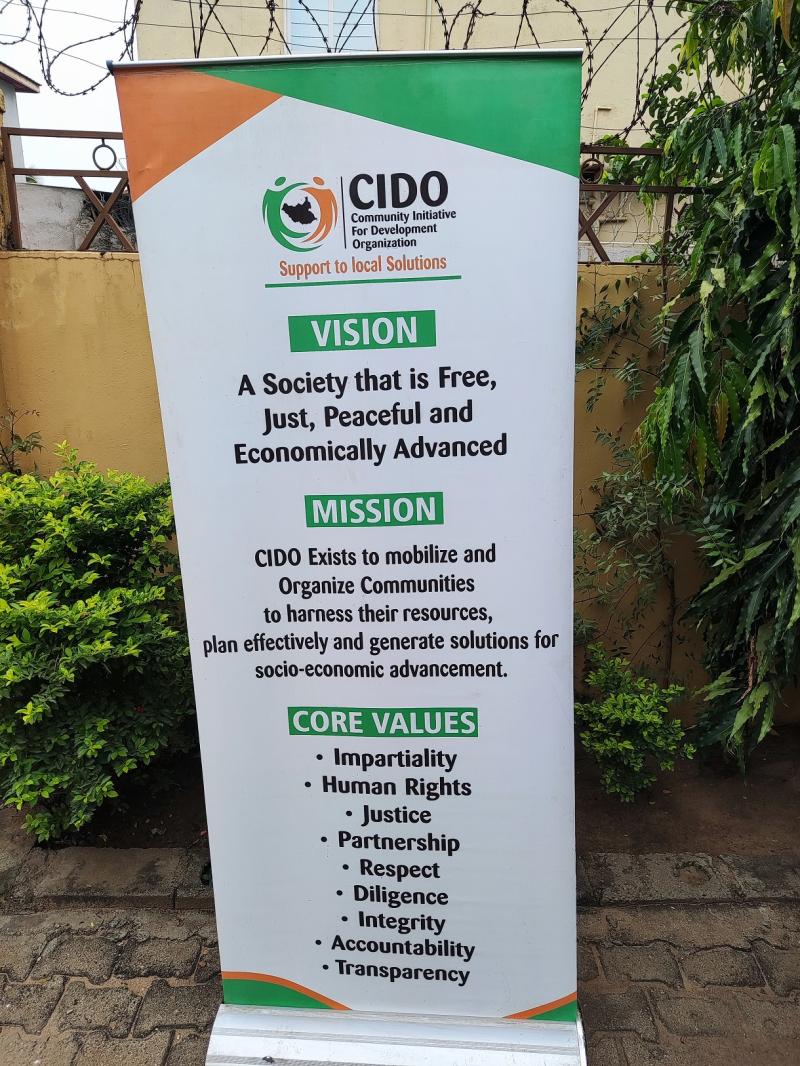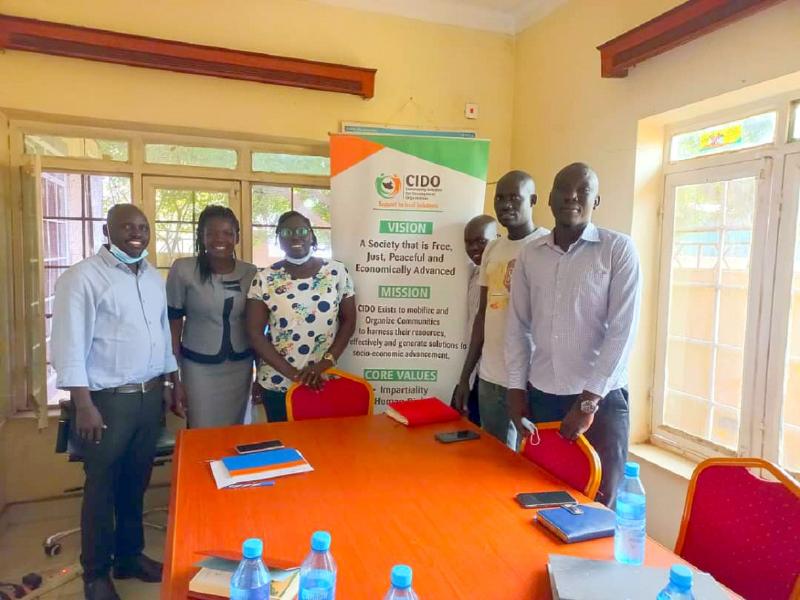Where We Work
See our interactive map


And provides more opportunities for this local organization to thrive.
While it’s only been a little over a year since their partnership began, the Community Initiative for Development Organization (CIDO) and IntraHealth International have already seen improvements in both access to and quality of HIV services in South Sudan.
The HIV prevalence rate among adults in South Sudan ages 15 to 49 is 2.1%. Only about 27% of people living with HIV in the country know their status and are on treatment. The South Sudan government is working to eradicate HIV, but instability due to violence and insecurity have led to a weakened health system. People often struggle to access the health services they need, especially since COVID-19 began to spread in 2020.
So IntraHealth International's Advancing HIV/AIDS Epidemic Control Activity (AHEC) is working with the government to build health workers' skills and strengthen existing health systems in the country. To do this, they partner with local organizations like CIDO, a women-led nonprofit organization that has been implementing development and humanitarian assistance programs in South Sudan since 2016.
In August 2021, CIDO partnered with AHEC’s Grants Under Contract (GUC) program, which provides technical assistance and support services to four local organizations to help them increase access to community-based HIV/AIDS services in Juba and Tambura counties and learn how to directly manage future PEPFAR funding.
“When CIDO started partnering with IntraHealth, the support was enormous,” says CIDO’s AHEC project officer, Leru Michael.
“With consistent mentorship and technical assistance from AHEC guiding us through each program implementation, our performance has improved progressively, especially through refresher trainings that renew our knowledge on comprehensive HIV service provision.”The partnership has already helped CIDO achieve important project milestones and improve their results. Over the past year, AHEC:
CIDO now ensures all forms of HIV services are available to clients when they visit a facility to refill their medicine (which reduces a client’s transportation costs) and sets weekly targets to ensure they reach every client.
"I didn’t know how to use data presentation tools, but IntraHealth taught me and I’m now an expert.”
“IntraHealth staff mentor and give us weekly support and guidance before implementing any activity,” says Iya Tobi, CIDO’s monitoring and evaluation officer. “When I joined the project, I didn’t know how to use data presentation tools, but IntraHealth taught me and I’m now an expert.”

A CIDO sign outlining their vision, mission, and core values. Photo by CIDO for IntraHealth International.

AHEC and CIDO team members during a visit to CIDO's office to discuss capacity building and technical assistance. Photo by CIDO for IntraHealth International.
Between July 2021 and June 2022, CIDO provided HIV testing services to 5,256 clients, all of whom received their test results. Of those tested, 591 were HIV-positive and successfully started antiretroviral therapy (ART) in AHEC-supported facilities. CIDO also increased access to community-based viral load sample collection services for 1,002 ART clients and identified and returned 383 clients to care who had lapsed on ART treatment.
Many of these milestones are due to community outreach volunteers—people living with HIV who understand their social network and go to different communities to spread information about the importance of knowing one’s HIV status. They mobilize members of their communities to get tested and receive counseling through referral networks.
“Community outreach volunteers are like our eyes,” Leru says. “We encourage them to establish a good relationship with clients so that more people come to test for HIV. We also focus on our targets by identifying several clients for each community outreach volunteer subgroup and meet weekly to assess our progress. If case targets are not met, we discuss how to achieve our goals.”
This support has created a data-driven culture at CIDO, one that focuses on monitoring and evaluation and consistent data documentation in CIDO-supported facilities. CIDO’s new decentralized project structure has also improved team unity, human resources management practices and systems, communication, and relationships with facilities and the AHEC team. Because of this, AHEC now provides targeted mentorship sessions to improve staff competencies.
Working with CIDO to strengthen and expand their HIV services is helping to create a solid foundation for community HIV programs, now and in the future. Despite the many challenges organizations in South Sudan face, with AHEC’s support, CIDO is flourishing and building capacity to take on more projects and partnerships like this.
Get the latest updates from the blog and eNews




